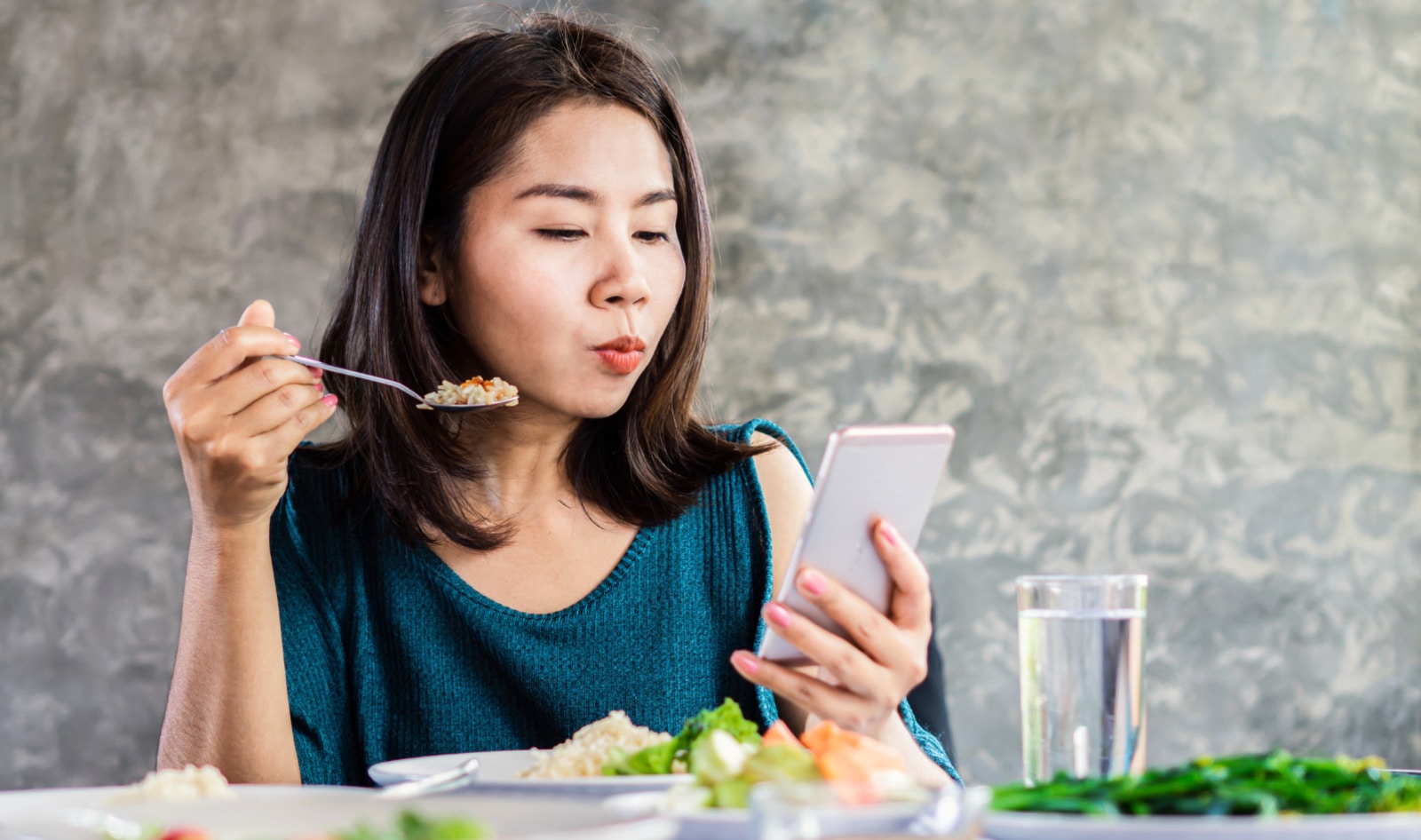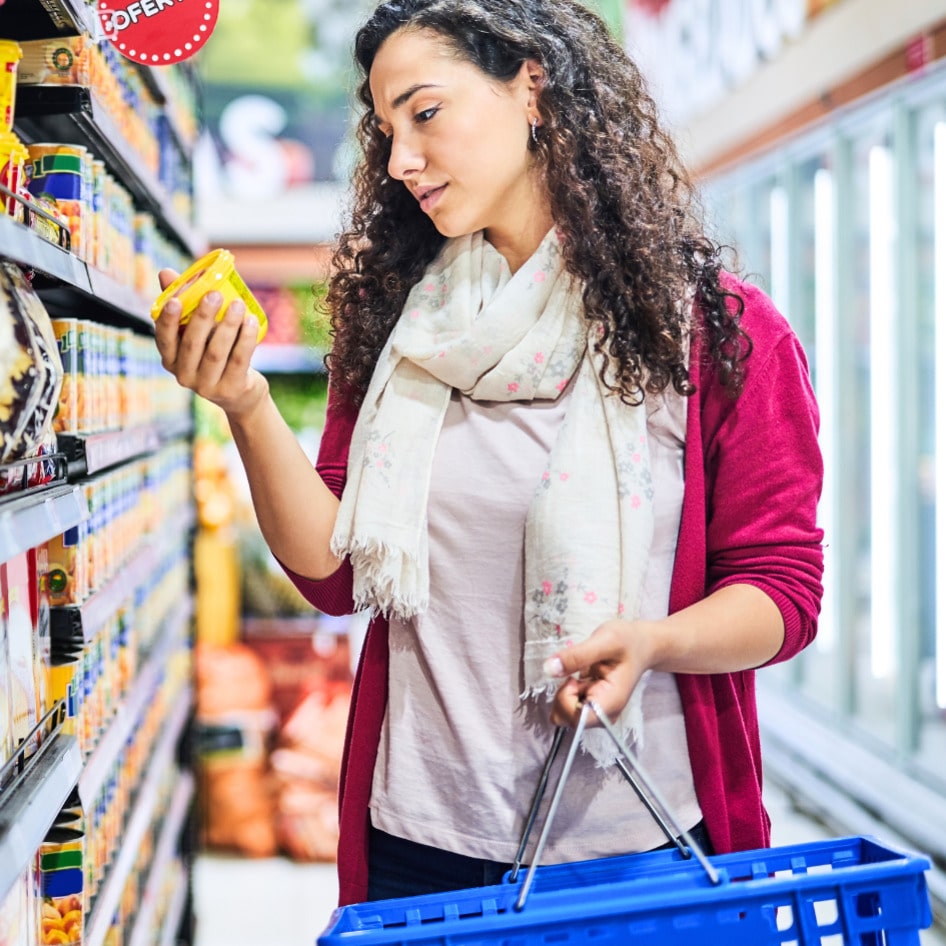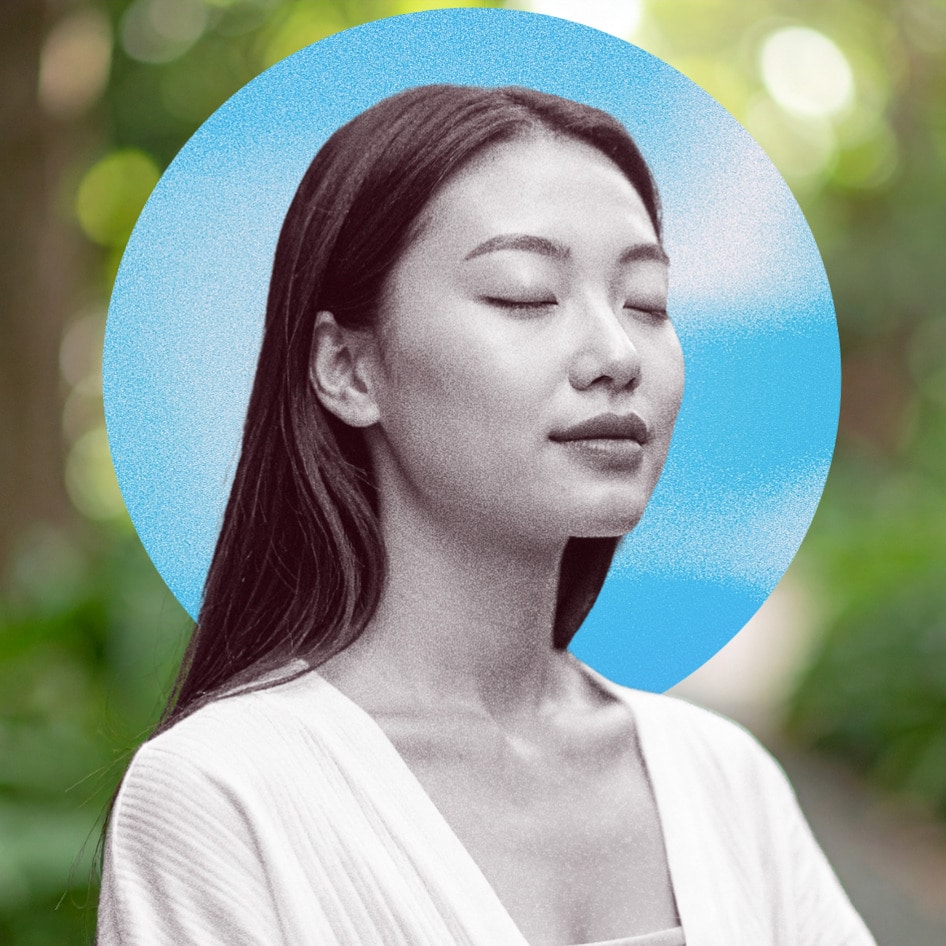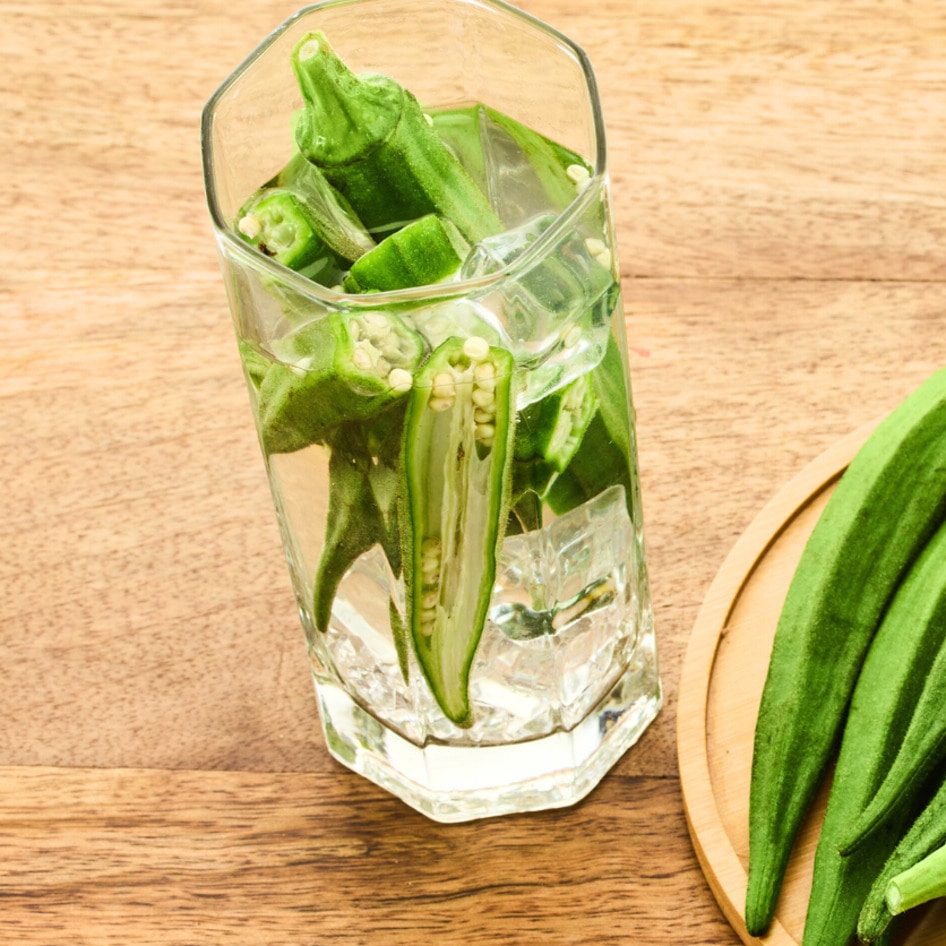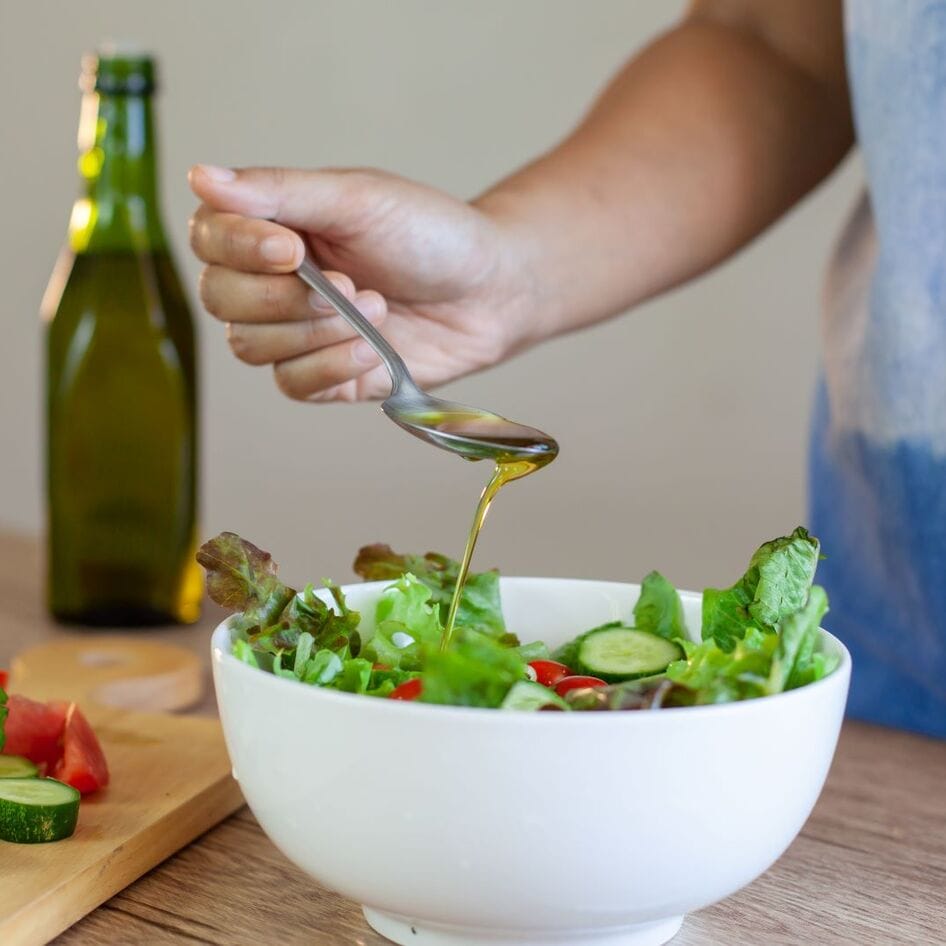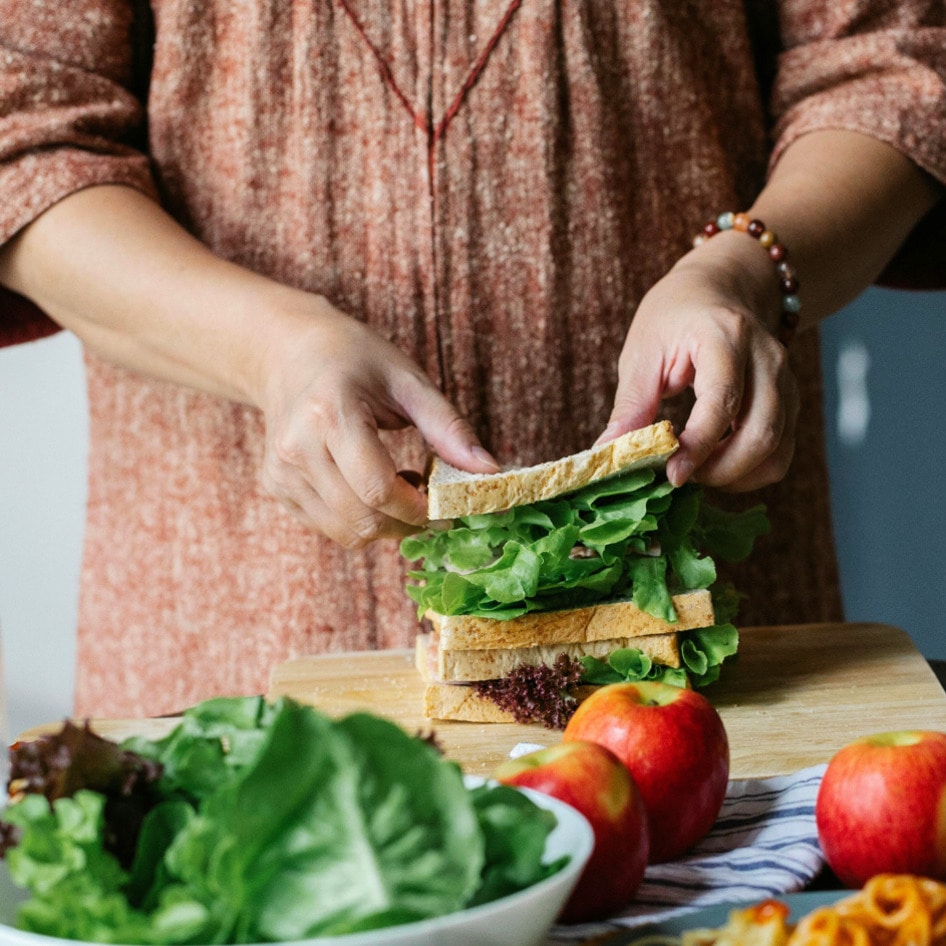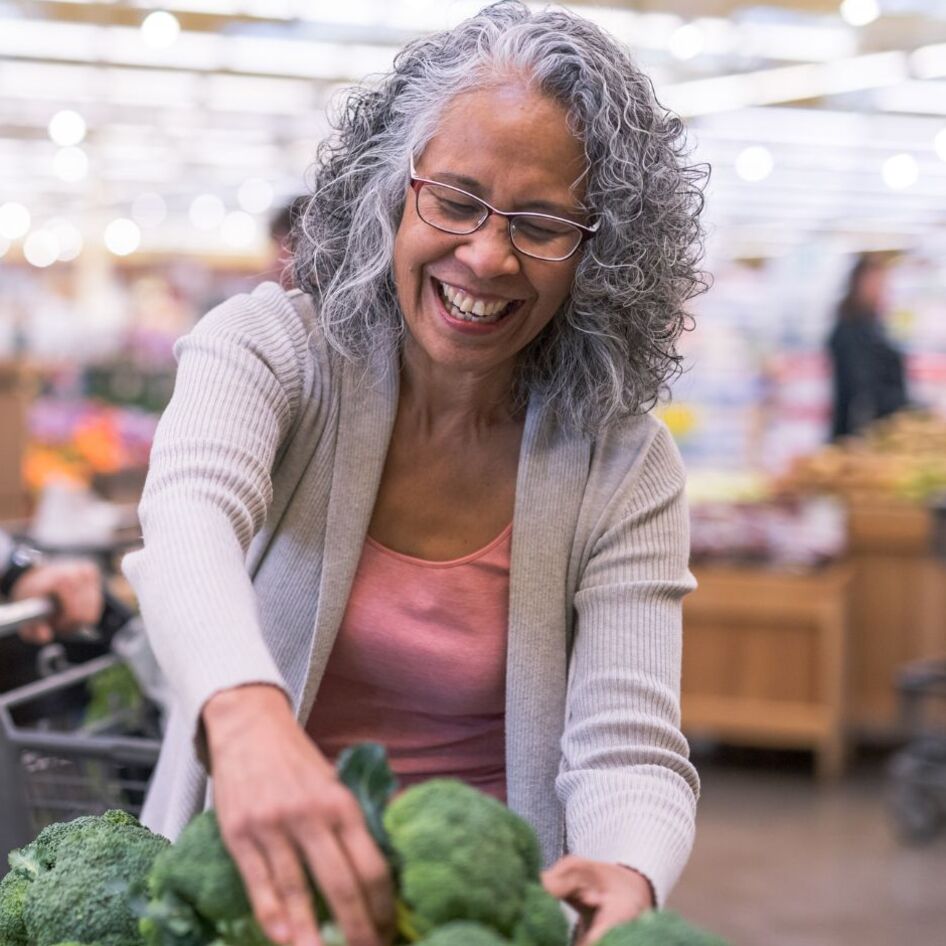ChatGPT has been around for less than three years, yet for millions, it’s already a part of daily life. Research suggests OpenAI’s chatbot fields around 2.5 billion prompts every day. And it’s not alone, similar models like Claude and Google Gemini are also surging in popularity.
People turn to AI for all sorts of reasons: writing poems, drafting essays, or deciding what book to read next. Increasingly, they’re also using it for health advice. A January 2025 survey found that one in ten Australians had asked ChatGPT a health-related question in the previous six months. In the UK, one in five general practitioners reported using ChatGPT to help with tasks ranging from admin work to exploring possible diagnoses.
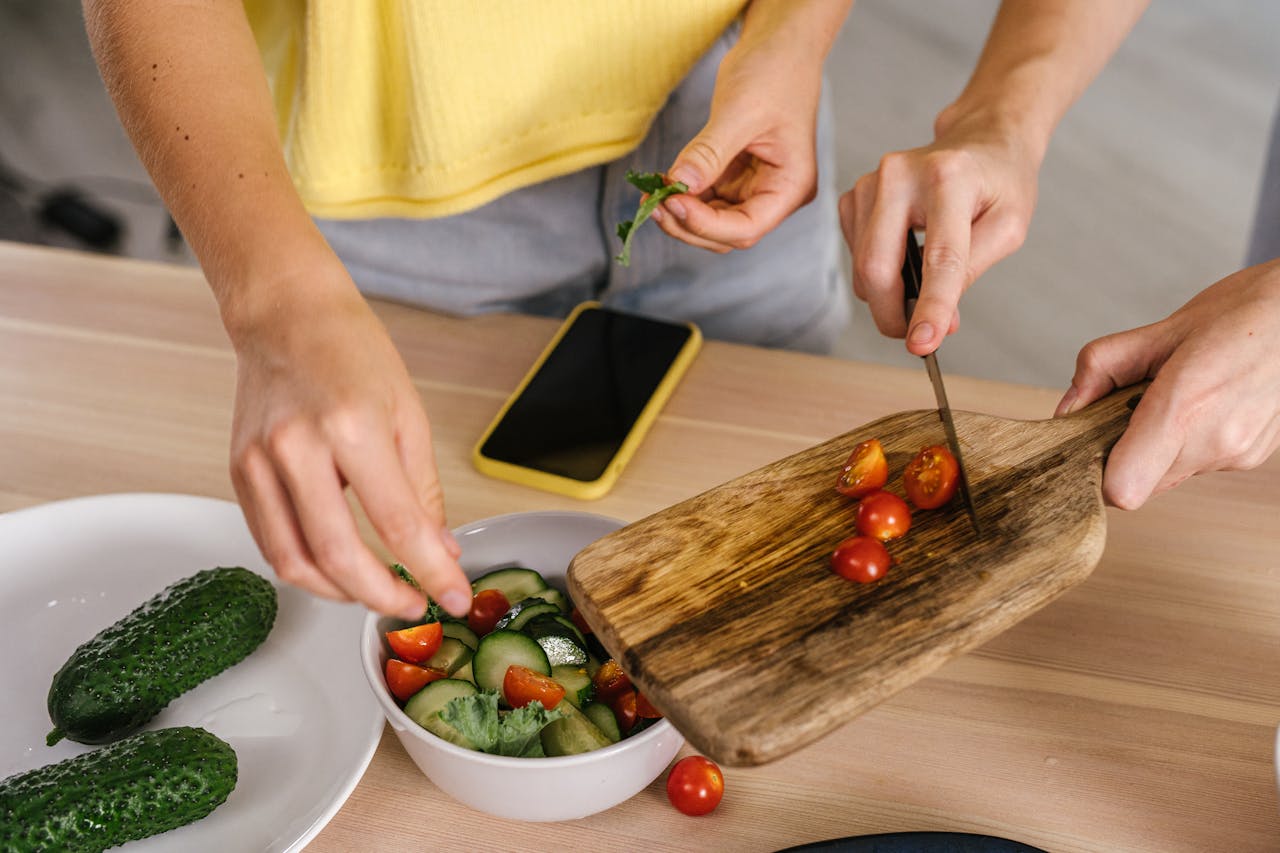 Pexels
Pexels
In July 2025, research published in Nature went a step further, using AI to design a scoring system for foods that could lower the risk of dementia. Could this be the future of nutrition? And how cautious should we be about letting AI influence our dietary decisions?
Can we rely on AI for nutrition and diet advice?
The Nature study examined data from 185,000 people in the UK collected over 10 years. Researchers examined participants’ dietary choices and utilized AI to identify a shortlist of eight key food groups associated with a reduced risk of dementia, including green leafy vegetables, berries, and citrus fruits. They then built a scoring system to predict lower dementia risk based on these eating patterns.
That’s what the experts did. But what about the average person? Should we be asking AI to help us make important food decisions? The answer, according to nutrition experts, is yes and no.
Staci Gulbin, MS, MEd, RDN, told VegNews that while AI can serve as a good starting point, it can’t yet navigate the nuances of individual diet and health.
“AI can provide the basic information on how to start eating healthier, but in many cases, such as those with chronic disease history, disordered eating history, or complex nutritional issues like deficiencies or digestive conditions, a human expert is vital,” she explained.
And if you ask ChatGPT itself whether it should be dealing out nutrition advice, Gulbin says it gives a similar answer. “I asked ChatGPT if a person can rely on AI for nutrition information,” she said. “It admits that AI falls short when diagnosing health conditions, navigating eating disorders or disordered eating patterns, and giving safe supplement advice, as well as understanding and counseling on the cultural and emotional aspects of food and eating.”
Where AI can support better eating habits
The issue is nuanced. Not everyone has the same level of nutritional education or the resources to improve it. In 2022, a study commissioned by MyFitnessPal found that 91 percent of Americans didn’t know how much protein, carbs, fiber, sugar, and salt they consumed each day. Many also overestimated the protein and calorie content of certain foods. These are gaps AI could help fill.
“I think AI can help make healthy eating more accessible for people with busy lifestyles who don’t have time to visit a dietitian or for people with limited nutrition knowledge who just need a basic foundation of what foods are healthy,” says Gulbin.
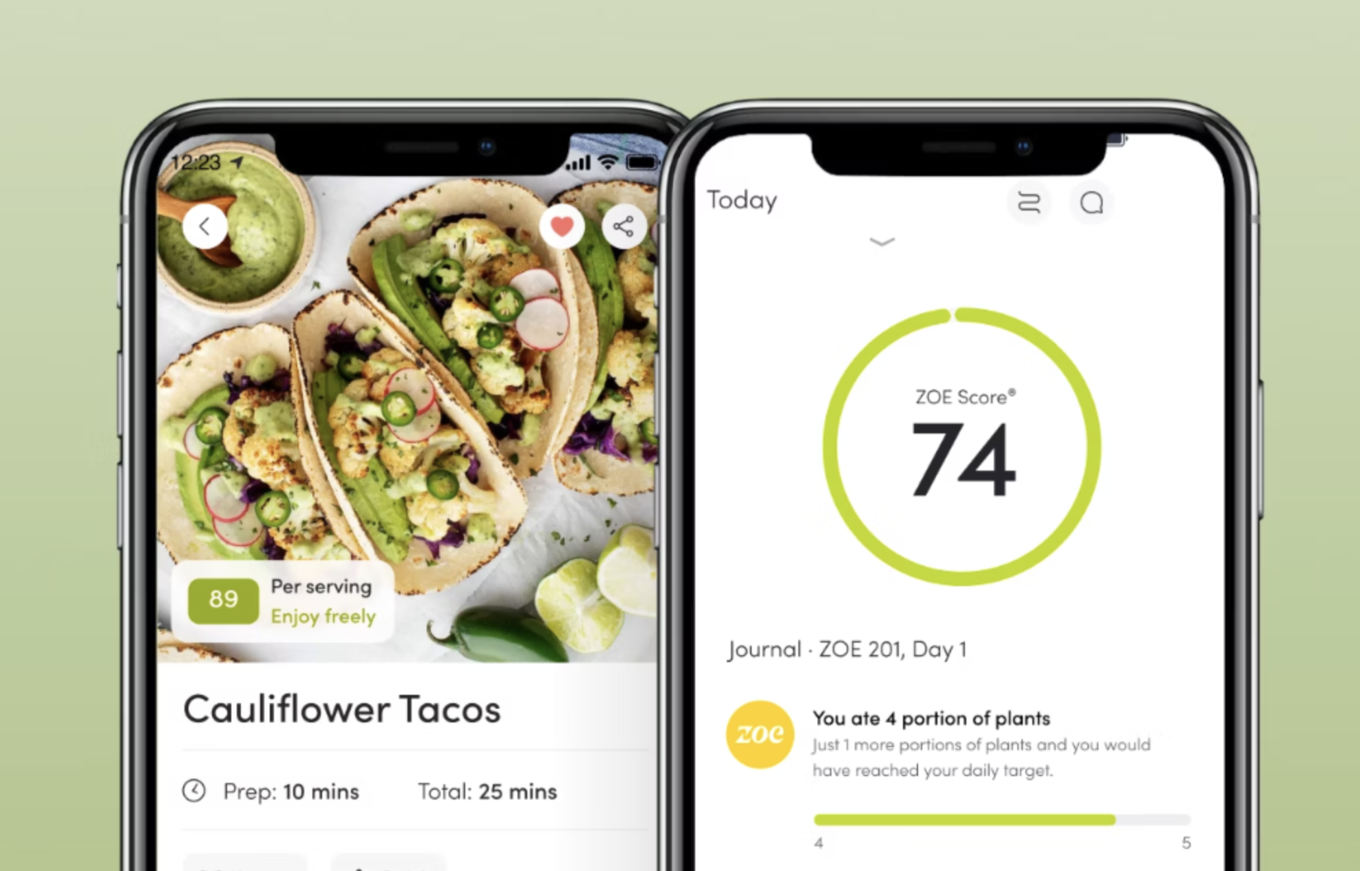 Zoe
Zoe
BECOME A VEGNEWS VIP: Get exclusive product deals, freebies, and perks galore!
This lack of nutritional knowledge is why nutrition platform Zoe designed its own free-to-use AI-powered meal photo scanner to help people make more informed choices about what they eat. “Users can scan barcodes while shopping in the grocery store to see where it lands on Zoe’s brand-new Processed Food Risk Scale,” explains Federica Amati, PhD, MPH, RNutr, Zoe’s head nutritionist.
The app is also designed to encourage mindful eating, a simple habit that can make a big difference in how we eat and feel over time. Additionally, the app gives food scores based on your meal’s nutritional value, suggests healthy ingredient swaps, and tracks healthy habits. It also relies on gamification—there are daily rewards, like nutrition lessons, for logging meals.
Still, Amati acknowledges that while AI can be a powerful tool, it’s not a replacement for human expertise. “AI alone can’t fully understand your individual biology,” she says.
“AI-powered apps offer impactful guidance to help cut through the noise and navigate healthier eating. The power of AI is that it can learn and iterate—so given the correct evidence-based guardrails, it truly can be a companion for advising on individual needs and preferences.”
AI is a tool, but not a replacement for expert advice
Zoe has trained its AI app using data from large-scale nutrition studies, making it more reliable than general-purpose chatbots for giving meaningful advice. Gulbin notes that ChatGPT pulls from the wider web, which can be risky. “We all know it is a mixed bag with a lot of misinformation out there,” she says. Alongside Zoe, she recommends that people seeking nutrition help stick to specialized apps like Lose It! or MyFitnessPal.
Amati agrees. For now, AI should be seen as a tool, but not the only one in your health toolkit. “AI is a helpful guide, but it’s not a substitute for medical advice or health assessments,” she explains. “Generic AI tools may miss nuances like medical history, medications, allergies, or specific dietary needs. That’s why it’s important to choose tools grounded in research and to use AI as one piece of a broader health strategy.”
For more plant-based stories like this, read:
JUMP TO ... Latest News | Recipes | Guides | Health | Subscribe

